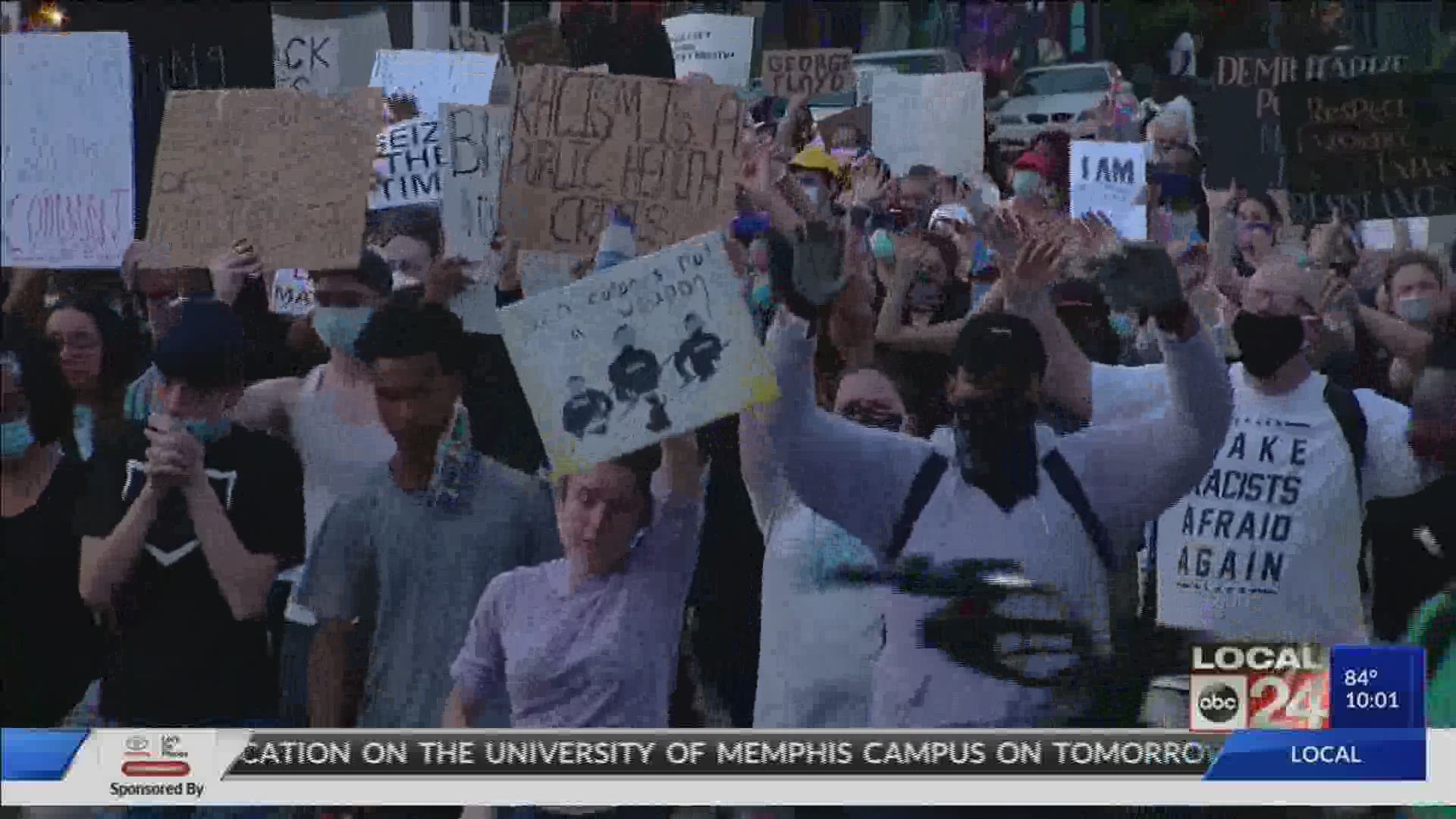MEMPHIS, Tennessee —
More than two weeks of protests nationwide have taken place in response to the killing of George Floyd in Minneapolis. His death has prompted a global push for justice when it comes to police brutality against people of color. What's next after the protests?
Dr. Noelle Trent, the director of Interpretation, Collections, and Education at the National Civil Rights Museum, explained at this moment people are compelled to act and they seek whatever they can do to make history. She said these protests are a part of something much bigger.
"There’s the immediate action of protest but after that dies down what’s next," Trent said.
If history shows us anything, it's that great change takes time. The Montgomery bus boycotts lasted 382 days, the Freedom Rides were seven months, the Greensboro sit-ins went on for six months, and the Birmingham movement took place for 37 days. Trent said in these movements, the average person's willingness to learn, grow, and fight will make the difference.
"It’s about the people at the grassroots level," Trent said. "It’s about the ordinary person who’s in an ordinary time, but creating extraordinary change."
RELATED: Remembering George Floyd: Thousands pass through Fountain of Praise church for public viewing
Activist Frank Gottie, who's led recent protests in Memphis, said now is the time to set an example of peace and unity to what we can do together.
"Right now, we’re showing the world that we can come together as one, and we can try to fix this together," Gottie said.
Much of the work to make a difference is behind the scenes, whether it's through conversations with city leaders, lawsuits, or boycotts.
"This is a continuous fight," Trent said. "We always have to fight to ensure that the progress made is maintained."

